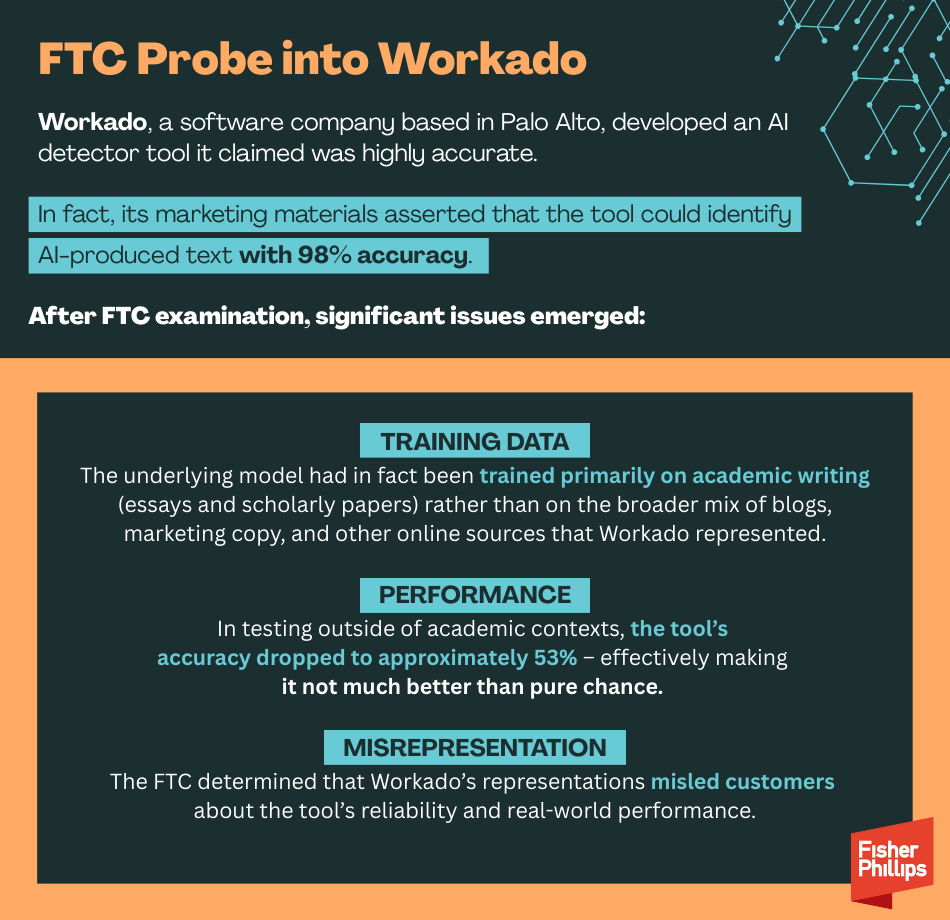The specter of AI has been looming over the labor market for nearly three years since the launch of ChatGPT. The early days of the generative AI ‘boom’ prompted ghoulish warnings about mass layoffs and an automated world where humans were rendered obsolete.
These nightmares of a dystopian future haven’t quite materialized yet. Rather than the predicted torrent of job losses, we’re in the midst of a slow trickle, with customer service workers, HR professionals, accountants, and software developers all touted as prime candidates for the AI chopping block.
There have been some concerning developments in the aforementioned fields over the last two years. Tech companies like Klarna have cut customer service spaces in a bid to automate processes, with attrition bringing worker numbers down as worker replacements are filled by AI. CEO Sebastian Siemiatkowski was highly vocal on the success of this strategy, boasting its AI could do the work of around 700 staff.
Software developers have also been told repeatedly that they’re going to be rendered obsolete by AI coding tools. In the HR space, it’s the same situation, with IBM CEO Arvind Krishna having specifically earmarked this area of the business as ripe for automation during the frenzied AI hype in mid-2023.
But let’s face it: software engineers are still here, HR workers are still here, and customer service workers are still having to contend with the often asinine complaints and requests of consumers.
Klarna has u-turned on its AI-powered customer service drive. Admittedly, it isn’t going back to a fully-human workforce and has instead opted for a nightmarish VIP-style setup where you pay a premium to speak to a human – but it’s better than nothing.
AI coding tools, for all the hype surrounding these solutions, are proving troublesome and wholly incapable of replacing developers and engineers.
So what’s been driving the anxiety which permeates the job market? Loudmouth tech executives who change their tune on a whim and leave everyone’s head spinning trying to work out what’s actually going on.
Heads need to spin or shareholders will make them roll
It’s understandable that they’d spend so much time hyping up the products they sell, after all their jobs depend on it. But every soundbite, every podcast appearance, and media opportunity adds to the confusion.
Take Salesforce CEO Marc Benioff as an example. He’s been among the most vocal big tech figures on the topic of AI, more specifically agentic AI. The company launched its Agentforce service in September last year, and sparked something of an agentic AI arms race in the months following.
Unlike the naysayers and merchants of doom elsewhere in the industry, Benioff spoke candidly about the fact that while agentic AI had the potential to replace humans, they’d still “remain at the center of the story” at Salesforce.
These comments came during a fireside chat at the AI for Good Global Summit in July this year. Speaking to Nicholas Thompson, CEO at The Atlantic, Benioff said he wasn’t convinced at the prospect of mass layoffs due to the technology.
This, of course, was based on the company’s own experience integrating the technology internally. AI hadn’t resulted in mass cuts and Benioff said it would result in the “radical augmentation of the workforce” rather than its deterioration.
Naturally, those comments were well received across the industry, especially at a time when concerns were mounting over the impact of AI on white-collar and entry-level workers.
Fast forward a few short months and Benioff was back to talking about job losses, this time boasting that the company had cut around 4,000 customer support roles for AI.
Speaking on The Logan Bartlett Show, Benioff said the AI-fueled cuts amounted to almost 50% of customer support staff, all due to its own Agentforce platform.
“I’ve reduced it from 9,000 heads to about 5,000 because I need less heads,” he boasted.
The lack of consistent messaging merely adds to the confusion and anxiety already felt across the industry. Worse still, it begs the question over whether earlier, calming comments were just a preamble to the sucker punch that was always coming.
I suppose he’s technically correct that humans would still be “part of the story” at Salesforce – now there’s just fewer of them.
They’re making it up as they go along
Benioff’s not alone here. Other big tech executives have spent two or so years fawning about the huge potential of the technology, but it often lacks substance and leaves consumers wondering whether they actually have a concrete plan for the technology and its use in the enterprise.
Sam Altman – and OpenAI as a company – are among the worst offenders on the messaging front. The AI darling doesn’t seem to know what it actually is, and at this stage must have developed carpal tunnel syndrome stretching its fingers into every pie possible.
Its bread and butter was the consumer market; now it’s the enterprise market. Next they’ve moved into the hardware and search engine spaces. Fast forward a few weeks and it’s working on a recruitment tool to tee up a battle with LinkedIn.
Like Benioff, Altman waxes lyrical about the technology and the profound effect it’ll have on society. From comments suggesting the industry is in a ‘bubble’ and that AI is delivering on the dead internet theory to the simply preposterous idea of hosting data centers in space, it once again leaves everyone’s head spinning.
The reality is that big tech companies and those at the helm are making things up as they go along. They’ve poured billions of dollars into the technology so far and have to justify these investments – that’s where the hype comes from.
Worst of all, they’re not entirely convinced it’ll work out long-term, so when there’s an opportunity to showcase that AI can be used to automate roles, human workers are sacrificed on the altar of shareholder value.























